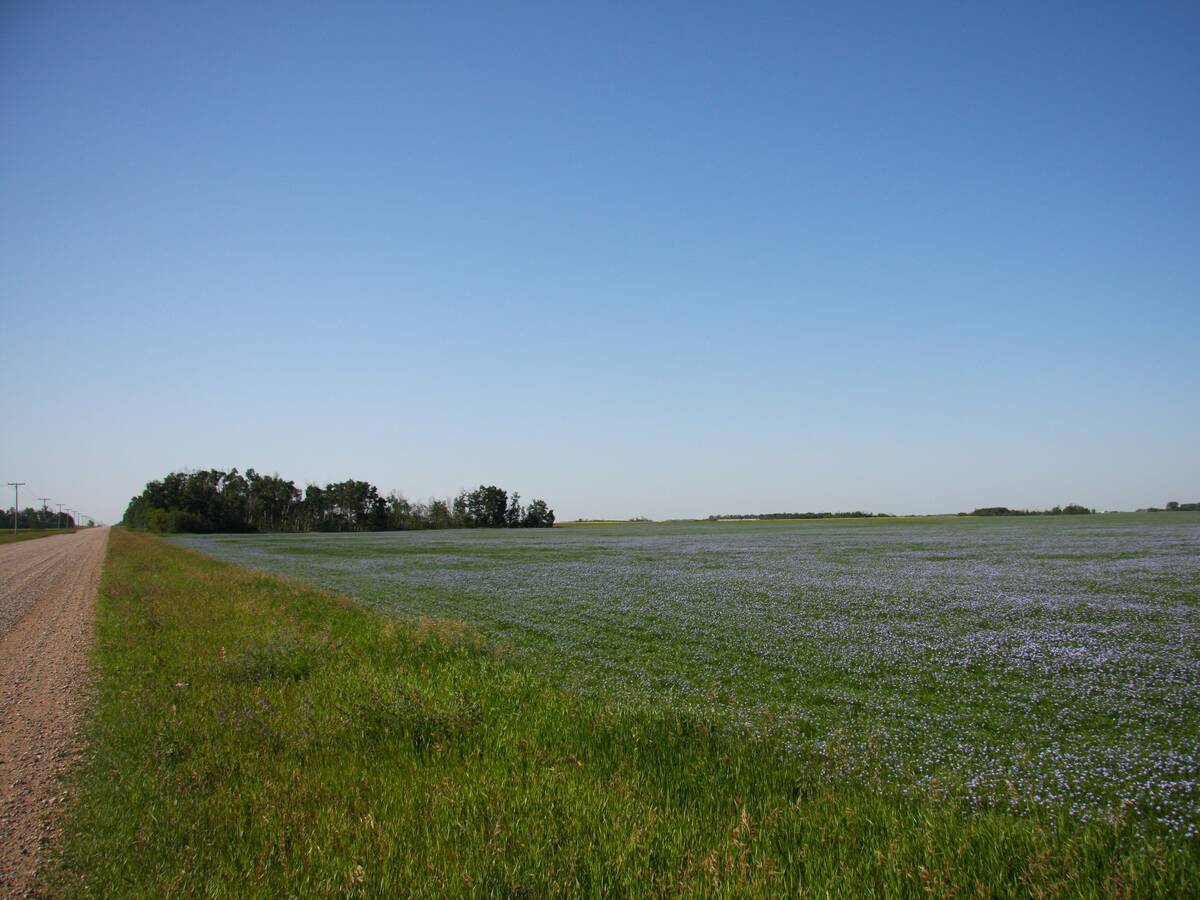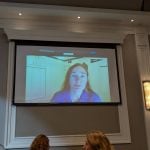Only hours after calling an election, Alberta premier Ralph Klein flew to Ottawa for a meeting on equalization payments, vowing to protect Alberta’s interests.
“We think equalization is a bad deal for Alberta,” said Klein when he announced the Nov. 22 election.
The next day Klein returned to Alberta saying he was happy with the proposed changes the federal government was making to the equalization program.
“My concerns basically have been alleviated,” Klein told reporters in Ottawa.
While Klein may have been happy with the proposed plan, his comments generated a series of horrified News release
Read Also

Farmland advisory committee created in Saskatchewan
The Saskatchewan government has created the Farm Land Ownership Advisory Committee to address farmer concerns and gain feedback about the issues.
newsfrom the right-wing Alberta Alliance party.
“Once again, Ralph Klein talks tough in Alberta, but when Paul Martin is in the room, he lets Alberta down in Ottawa,” said Alliance party leader Randy Thorsteinson. He accused Klein of handing billions of dollars of Alberta money to the rest of Canada.
“We just can’t afford it. We hope premier Klein would stand up and fight for Alberta.
“We need a fair deal for Alberta,” said Thorsteinson.
This is also the third election in the province for federal senators-in-waiting in an attempt to change the way senators are named. The provincial government will spend $3 million holding the senator-in-waiting election the same day as the provincial election.
Roger Epp, acting dean of the Augustana Faculty of the University of Alberta in Camrose, said the increased interest in federal issues in the election is partly due to the prominence of the Alberta Alliance party running candidates in all 83 Alberta ridings.
“We will probably only see an election that Ottawa figures prominently as the boogie man if there is the sense on the part of the Conservatives that Alberta Alliance is making any serious electoral inroads,” said Epp.
The emphasis on federal involvement in provincial affairs is related to Alberta’s wealth, he said. With oil at more than $50 a barrel and record high natural gas prices, Alberta is the only province that has no provincial debt. With money accumulating in government coffers in record amounts, there is worry the federal government is eyeing up Alberta’s wealth.
“What that kind of wealth does is focus attention on the federal-provincial relationships, always. There is the sense Alberta needs to speak with one voice, circle the wagons if there looks to be any federal encroachment on that resource,” said Epp.
For many running for the senator-in-waiting positions and for the Alberta Alliance party, keeping Ottawa away from Alberta’s wealth is key. The province sends more than $9 billion to Ottawa each year as its share of the equalization payments. Next year Alberta will send more than $10 billion to the federal government to be shared among the have-not provinces in Canada.
“As opposed to solving critical problems here at home, like record-long health-care waiting times, Klein has agreed to further subsidize who knows what in Quebec,” said Thorsteinson.
“Ralph Klein had a chance to stand up to Ottawa and Quebec. Unfortunately for Alberta, he failed. He chose Quebec over our seniors. He chose Quebec over our cow-calf farmers. He chose Quebec over our schools and hospitals.”
Epp said for many Albertans the worry about unfairly subsidizing other provinces is real.
“In the mythology of Alberta politics, the threat of federal encroachment of provincial resource power and resource revenue is never bad politics.”
David Taras, a University of Calgary professor, said he doesn’t believe there’s an increased emphasis on federal politics in this election. Any reference to federal issues is due to the overlap of municipal, provincial and federal governments in most issues.
“It’s the nature of the federation. There’s not a pot that the feds don’t have their fingers in,” said Taras, who pointed to the sharing of federal and provincial governments in everything from trade to health care.
But he also said it’s not above provincial politicians to boil the water in the pots to stir up debate.
Taras doesn’t believe the provincial government’s senator-in-waiting election, aimed at keeping the Senate reform debate alive, will have legitimacy in the province or in Ottawa after the election. There has been no media attention, no debate by candidates, no advertising or campaign signs to support the election.
“If you want the mandate, you have to have public debate,” said Taras.
He said the low-key election will enable the prime minister to ignore the senator-in-waiting results and choose his own candidates to fill the vacant Alberta Senate seats.














